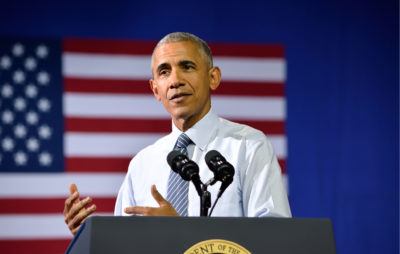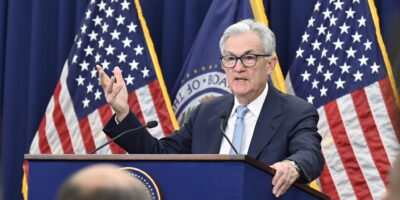State of the Union 2015: President ignores monetary policy
Last night, President Obama confidently announced the end to the financial crisis, citing successful financial regulations and promising economic growth figures.
That might not be the whole story, however.
Almost unsurprisingly, President Obama’s address made no mention of monetary policy. This is troubling because as the price of oil continues to fall, consumer price inflation slows and global markets weaken, currencies become increasingly vulnerable. This is especially true when central bankers become monetary activists (as Dr. Judy Shelton previously noted) and pursue differential monetary policies in order to improve economic performance. This makes it hard for markets to grow and operate harmoniously.
An example of this is the Fed’s expected raise of short-term interest rates later this year while the European Central Bank plans to do the opposite and is even expected to announce quantitative easing, or QE, later this week.
Its difficult to imagine that President Obama could be blind to the fact that its impossible to simply “turn the page” and ignore the importance of sound monetary policy. But then again, nobody actually sees an economic crisis coming until its too late.
Before the economic crisis of 2008, Chairman Ben Bernanke reported to Congress that “the U.S. economy appears likely to expand at a moderate pace over the second half of 2007 with growth then strengthening a bit in 2008.”
But in a world of tradeoffs, it might not make sense for President Obama to remind bankers at the Fed or the American people of the importance of sound money for a sound economy. Allowing the government to continue to manipulate the money supply and engage in monetary activism is convenient for a president with an agenda as expensive as Obama’s.
Leaving out monetary policy from last night’s State of the Union address allows Americans to remain under the illusion that faith alone is a sound backing for a national currency.
Unfortunately for all of us, however, that very illusion has led to economic crisis time and time again.








